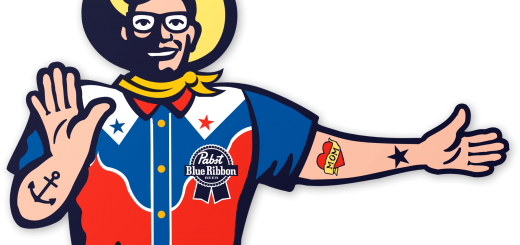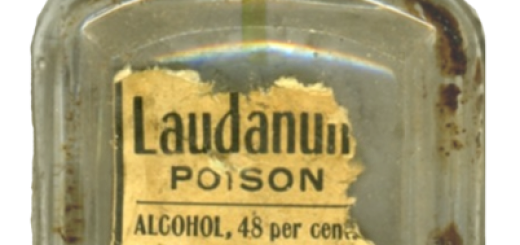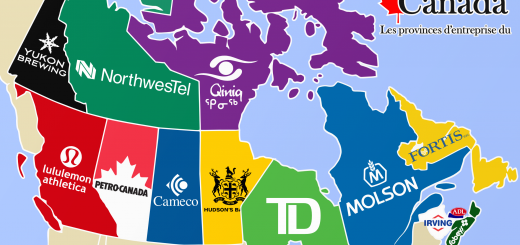Anatomy of a Bad Joke
 How does one acquire a sense of humor? A good sense of humor? I’d really like to know. Despite having worked as a stand-up comedian, I seem to tell some pretty bad jokes. Awful to other people at least. My quips get more groans then laughs, and both my closest friends and family tell me that I tell terrible jokes. And why may be bad at quipping, I’d like to think I’m pretty good at philosophizing. Here are couple ideas on why a bad joke can fall flat.
How does one acquire a sense of humor? A good sense of humor? I’d really like to know. Despite having worked as a stand-up comedian, I seem to tell some pretty bad jokes. Awful to other people at least. My quips get more groans then laughs, and both my closest friends and family tell me that I tell terrible jokes. And why may be bad at quipping, I’d like to think I’m pretty good at philosophizing. Here are couple ideas on why a bad joke can fall flat.
Puns
Puns are the worst form of bad joke, but people use them anyway. Why are puns so reviled? Quite simply, it’s because they’re fun to think of. When you realize a word can have two meanings, something clicks in your brain, and you feel amused. But if someone else spoon-feeds it to you, you don’t get the satisfaction of that mental click. It’s the difference between tasting something delicious and having someone describe their meal in excruciating detail. If you make the connection yourself, it’s fun, but if someone breaks it down, it’s just another bad joke.
Highbrow Jokes
They say that if you have to explain it, it’s not funny. Say you go into a comedy club and tell a joke that requires some knowledge of elemental calculus. If you’re lucky, there might be a couple of math geeks in the audience who think its hilarious. Other people may think about it for a moment and snicker. But even in a college town, Half the people in the room won’t get it at all, ever. They’re not necessarily stupid; the just lack the context to follow along. This leads me to my next point.
Out of Context Jokes
You may be familiar with the psychological concept of free association, where you let your mind wander by saying the first thing you think of. (For example, apple, orange, blue, jeans, shirt, etc.) We all do it to some extent, and if your mind wanders too far off track, you can end up telling a joke that no one gets. To use the above example, say my friends are talking about apples, and my mind drifts off to oranges, the color orange, the color blue, blue jeans and finally tee-shirts. All of this happens in just a few moments of thought. Then I think of a joke involving apples and tee-shirts. There’s a nice mental click in my brain, and I’m amused. So I say what’s on my mind, but no one gets it because they aren’t thinking about tee-shirts (shameless plug). The context isn’t there for them, and they don’t get that nice mental click. The joke falls flat.
Mental Connections
Humor seems to come from connecting two dissimilar ideas. But to do this, the mental distance between these two ideas has to be just right. If the ideas are too similar (like many puns), there’s no humor in it. Likewise, if the ideas are two far apart, or too out of context, there’s no way to establish a mental connection. The goal of the comedian is to establish the proper context, so that the conflicting concepts are just far enough apart to be funny. It’s a difficult task, and even of you understand it in theory, it’s still pretty damn hard to pull off. And if you don’t believe me, ask my beleaguered friends and family. They’ve heard plenty of bad jokes, and unfortunately, there are plenty more where that came from.
Are you a bad joke master like me? Do you like (or hate) puns with a passion? Let me know in the comments.








4 Responses
[…] there’s the pun on “Marky Mark”. Arrested Development does not shy away from the puns. Then there’s the fact that Marky Bark is the son of Johnny Bark, the hippie protestor from […]
[…] pop into small clubs just to test out their jokes in front of a live audience. If the new jokes fall flat (as some of them will), the comedian can move on to something better. But all that changes when […]
[…] in the audience: no more than half a dozen. Each performer got two minutes. Most of them were pretty bad, and the empty room did not help with the levity. When it came turn for me two go on stage, I went […]
[…] Anatomy of a Bad Joke — Steve Lovelace January 16, 2017 […]